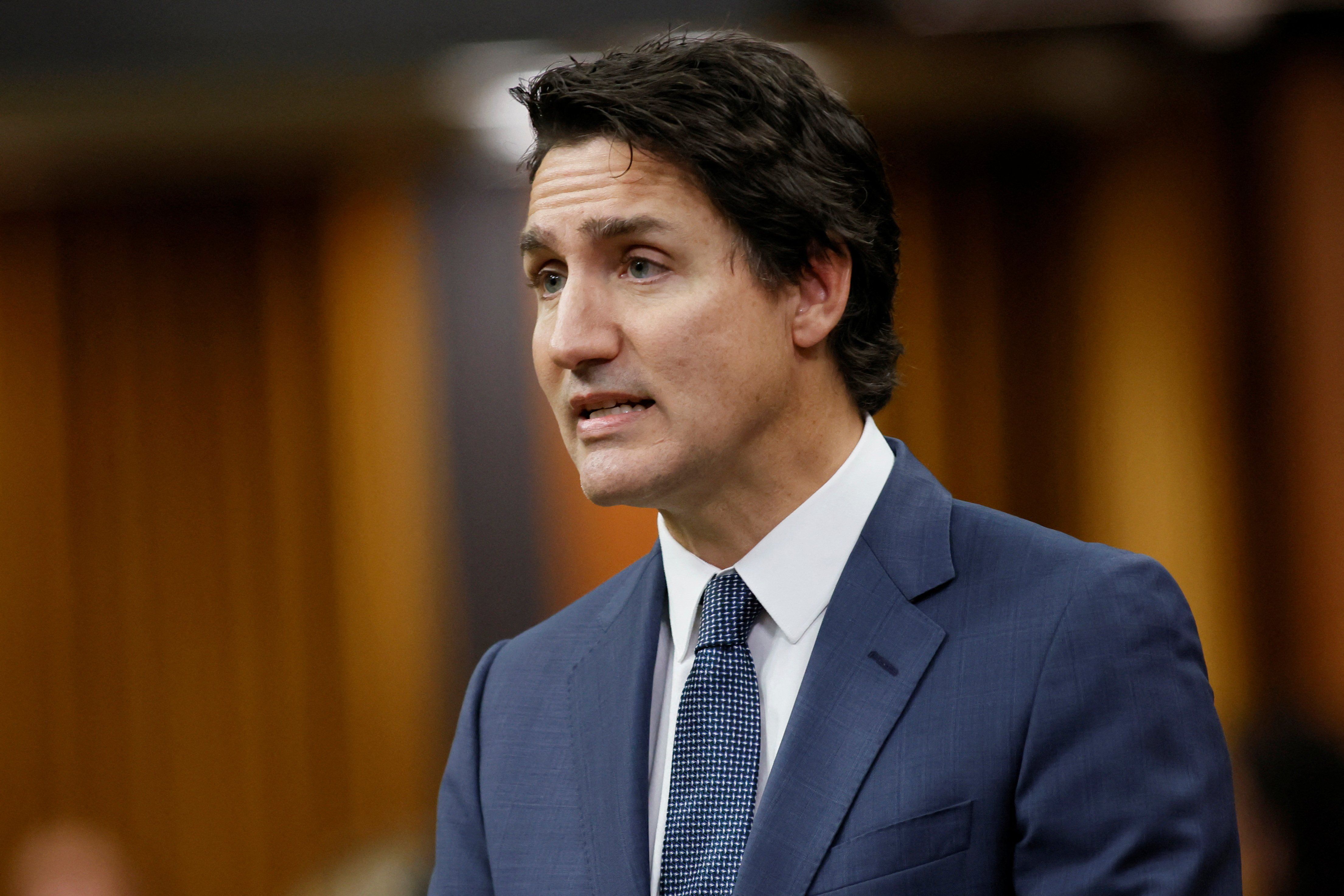October 05, 2023
The Trudeau government has opened a new front in its battle with Big Tech. The Canadian broadcast regulator announced last week that it will require large streamers and podcast distribution companies to register by the end of November, providing contact information to the Canadian Radio-television and Telecommunications Commission. This kicked off an intense online debate that did little to clarify what the announcement would actually mean for free speech and cultural policy.
The stated aim of the process, which applies to services with more than $10 million in annual revenue in Canada, is to ensure that streamers “make meaningful contributions to Canadian and Indigenous content.” This may mean imposing obligations on them similar to those that traditional broadcasters meet as a part of the cost of doing business in Canada.
But registration is just the first step, and it is not clear what the final regulations will require, leading critics of the Trudeau government to worry that Big Brother will soon be deciding what content Canadians can consume online. Elon Musk and Glenn Greenwald said on X that it was part of an effort to crush free speech in Canada, and Conservative Leader Pierre Poilievre denounced it as “power-hungry woke bureaucracy.”
Heritage Minister Pascale St-Onge says that’s all nonsense, portraying it as an updated version of Canadian content rules, which have long been used in Canada to nurture a domestic cultural industry. While likely true, critics are concerned that the process could eventually open up podcast distributors, for example, to content controls. Until the regulator takes the next steps, months from now, it will likely be hard to rule out those concerns.
The Trudeau government is engaged with struggles with the tech titans on several fronts as it attempts to impose European-style regulatory order on unregulated cyberspace while critics, both domestic and foreign, offer fierce resistance.
Cultural policy is traditionally treated as a carve-out in the Canada-US trade relationship, so the Biden government is unlikely to pressure Canada over this. Still, it is one more irritant between the Trudeau government and rich and powerful Amercian tech companies. Members of Congress, meanwhile, recently warned Canada that it will face consequences if it proceeds with plans to impose a 3% digital services tax on the Canadian revenue of tech giants. Canada has not backed down and plans to levy the tax beginning Jan. 1, 2024.
More For You
- YouTube
China was largely absent from the core conversations at the 2026 Munich Security Conference. That, says Ian Bremmer, is telling.
Most Popular
- YouTube
At the 2026 Munich Security Conference, Brad Smith announces the launch of the Trusted Tech Alliance, a coalition of global technology leaders, including Microsoft, committing to secure cross-border tech flows, ethical governance, and stronger data protections.
When the US shift from defending the postwar rules-based order to challenging it, what kind of global system emerges? CFR President Michael Froman joins Ian Bremmer on the GZERO World Podcast to discuss the global order under Trump's second term.
TODAY at 12 pm ET: Watch our Global Stage live premiere from the Munich Security Conference
Feb 13, 2026
Tune in today at 12pm ET/6pm CET for the live premiere of our Global Stage from the 2026 Munich Security Conference, where our panel of experts takes aim at the latest global security challenges. NY Times National Security Correspondent David Sanger moderates the discussion with Benedetta Berti, Secretary General, NATO Parliamentary Assembly; Ian Bremmer, President & Co-founder, Eurasia Group & GZERO Media; Dr. Wolfgang Dierker, Global Head of Government Affairs, SAP; and Brad Smith, Vice Chair & President, Microsoft.
© 2025 GZERO Media. All Rights Reserved | A Eurasia Group media company.
